Israel and India are moving towards signing a much-anticipated free trade agreement (FTA) soon as President Donald Trump pushes his vision of connecting India, Europe and the US through Israel.
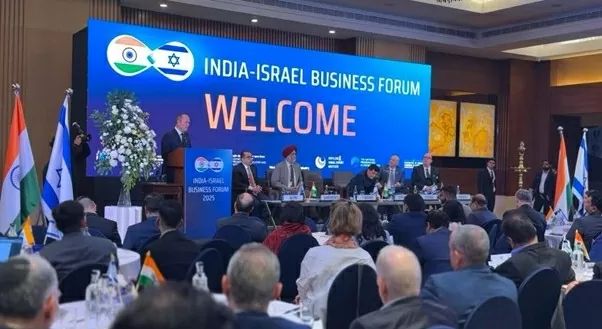 |
| Israeli Economy Minister Nir Barkat speaks at the India-Israel Business Forum in New Delhi, February 2025. (Source: Israel Economy Ministry) |
Big ideas, strong commitment
Leading a large business delegation to New Delhi last week, Economic Affairs Minister Nir Barkat said the visit marked “a breakthrough in economic relations between Israel and India”.
The largest ever “outbound” Israeli business delegation is “testament to our commitment to strengthening economic ties, expanding Israeli exports and opening the Indian market to breakthrough Israeli technologies,” Barkat stressed.
The cooperation between the two countries “will boost economic growth, increase mutual investment and create new jobs on both sides.” During his third visit to India in the past two years, Minister Nir Barkat was optimistic about strengthening bilateral economic and trade ties but did not give a specific timeline for signing an FTA, which is expected to increase Israeli exports to the country of a billion people and create more business opportunities. However, according to India Today, the prospect of signing is very close, possibly this year.
| India and Israel began FTA negotiations in 2010. The two sides had set a target of completing the agreement by mid-2022, but negotiations are still underway. |
The rapprochement between Israel and India comes as new US President Donald Trump continues to push his predecessor Joe Biden’s push to build a rail and transport corridor linking India with the Middle East, Europe and the US — an ambitious project aimed at boosting economic growth and political cooperation.
During a White House meeting with Indian Prime Minister Narendra Modi on February 13, Mr. Trump announced that the two leaders “agreed to work together to help build one of the greatest trade routes in history.” The route “runs from India to Israel, through Italy and on to the United States, connecting partners, roads, rails and submarine cables.”
An Israeli government official told the Times of Israel about that “big idea,” which is “to create a corridor connecting India, through Israel, to Europe and all the way to the United States, according to Mr. Trump’s vision.”
This explains why Tel Aviv “will sign a new trade agreement” with New Delhi, two countries with “deep rapprochement,” and the presence of a large Israeli business delegation there.
| India and Israel formally established diplomatic relations in 1992. In 2017, Prime Minister Narendra Modi became the first Indian leader to visit Tel Aviv. A year later, Israeli Prime Minister Benjamin Netanyahu also visited New Delhi. |
100 companies, 600 meetings
The business delegation that arrived in New Delhi last week included more than 100 Israeli companies, in the fields of cybersecurity, smart agriculture, renewable energy, digital health, water technology, artificial intelligence (AI) and big data.
Participating companies held over 600 networking and engagement meetings with hundreds of Indian business leaders to promote economic partnerships, expand mutual investments and strengthen bilateral relations.
During the visit, the delegation met major Indian business groups such as TATA Group, Nasscom and GMR, and participated in the India Energy Week.
| "Geopolitics puts Israel very close to the US, but also very close to India. Israel is small, but we are very innovative, and the skills of Israeli entrepreneurs combined with the innovation and ability to scale large businesses in India make for a classic combination." (Israeli Economy Minister Nir Barkat) |
“Israel’s innovation and security capabilities are extraordinary, and the technology demonstrated in ‘Operation Beepers’ (Israel’s covert operation against Hezbollah in September 2024) is truly unique and inspiring – we want to have this technology here too,” said Indian Commerce and Industry Minister Piyush Goyal.
“There are many opportunities for cooperation between Israel and India, which will lead to significant geopolitical and economic gains in the region,” said Piyush Goyal. Both countries can benefit greatly from each other’s expertise in key areas such as agri-tech, finance and emerging technology.
Speaking at a business forum in the capital New Delhi, Minister Goyal "revealed" plans to lead a business delegation of hundreds of Indian executives to Israel this year.
The delegation will focus on expanding investment in Israeli companies, promoting technological cooperation and key areas such as water technology, cybersecurity, healthcare and advanced agriculture.
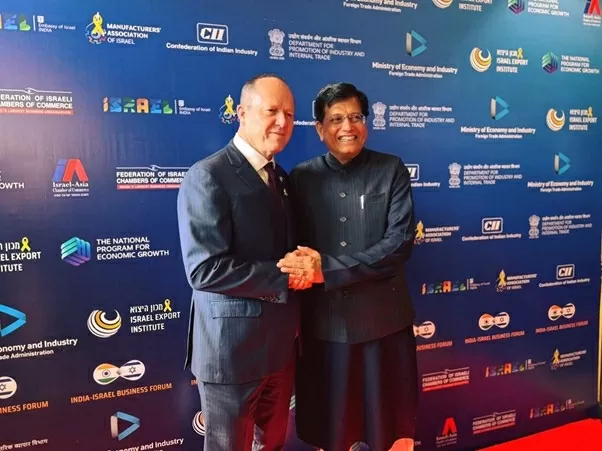 |
| Israeli Economy Minister Nir Barkat and Indian Commerce and Industry Minister Piyush Goyal. (Source: PTI) |
Assessing “the great interest shown by Indian companies in cooperating with Israeli industry highlights the huge economic potential”, Mr. Avi Balshnikov, President of the Israel Export Institute, the organizer of this business delegation, affirmed, “this is just the beginning and we expect significant growth in trade and investment between the two countries in the coming years”.
By 2024, bilateral trade between Israel and India will reach $5 billion, including $2.5 billion in Israeli exports, $1 billion in diamond trade, and $1.5 billion in imports from India.
Of course, the relationship between Israel and India is not limited to diamonds. Israel is India’s fourth-largest supplier of military hardware. The two sides have also signed cooperation agreements in the areas of water systems, agriculture, health care, and solar energy.
Along with the determination to strengthen economic relations, concrete steps such as the exchange of "giant" business delegations and especially the signing of the FTA will become a reality, opening up a "horizon" of new trade and investment opportunities, bringing benefits to businesses and economies of both strategic partners.
Source: https://baoquocte.vn/buoc-dot-pha-trong-quan-he-kinh-te-an-do-israel-304683.html








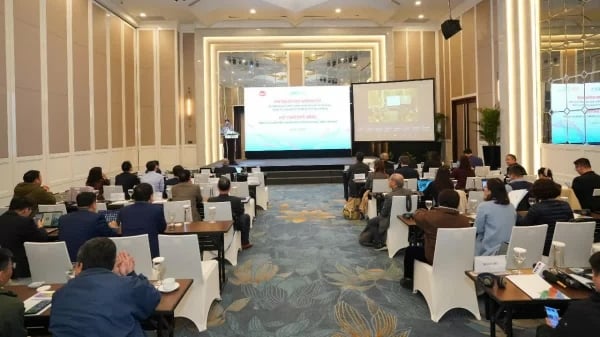
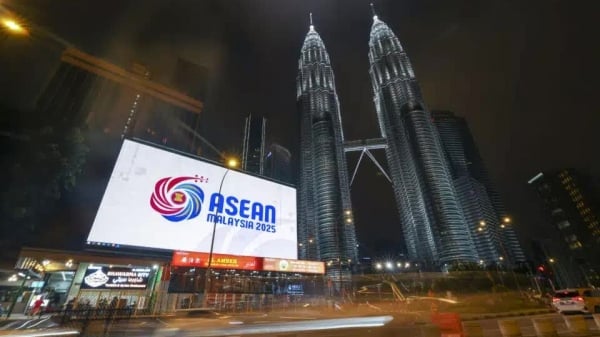

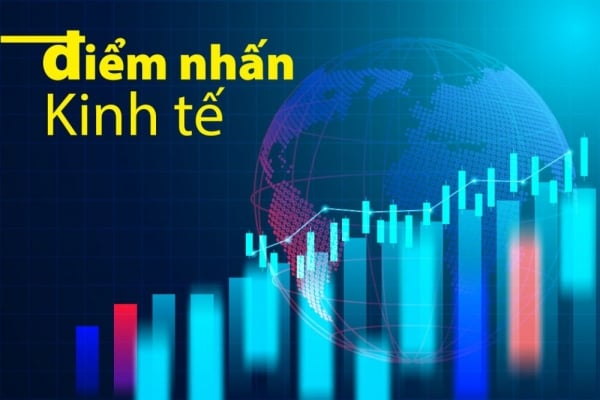
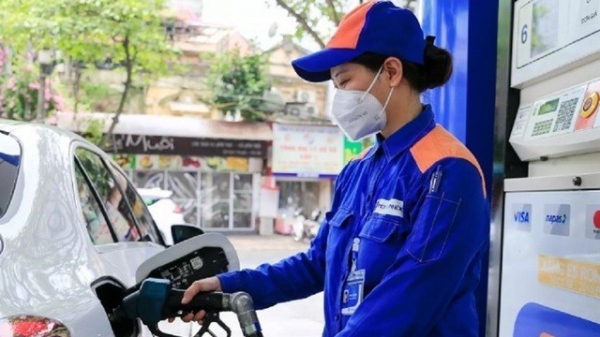


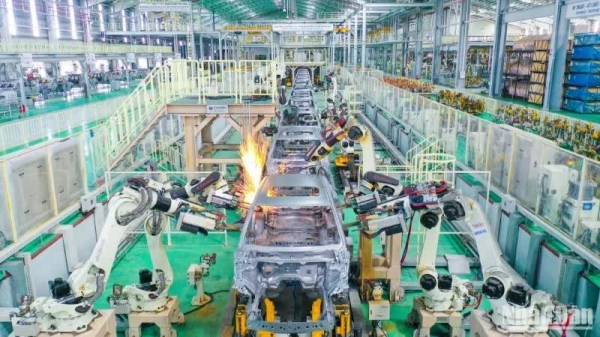
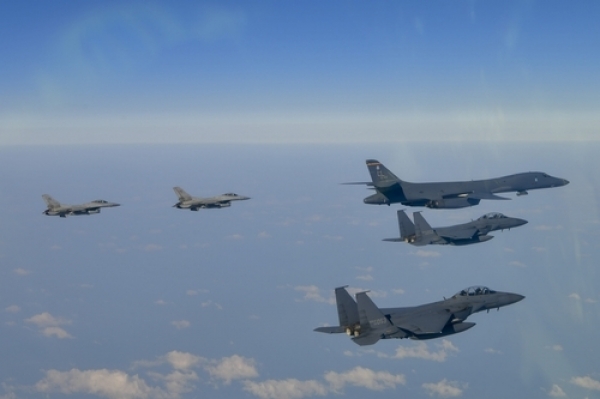
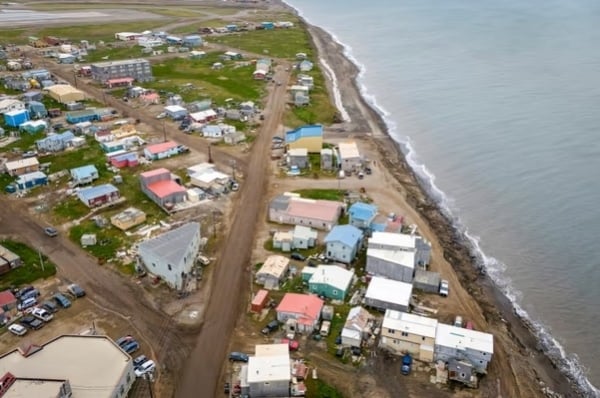














Comment (0)